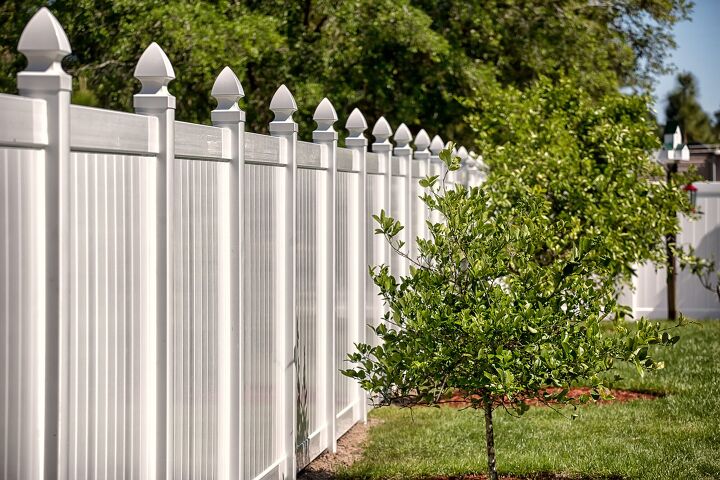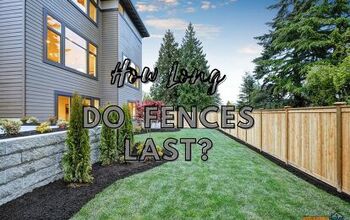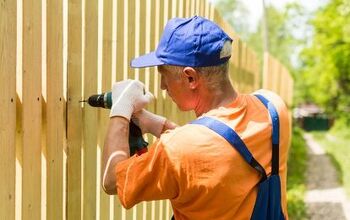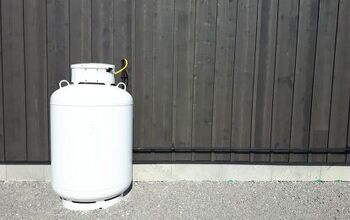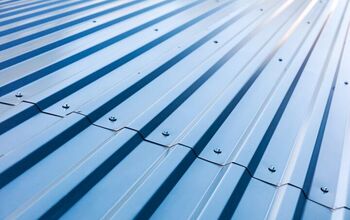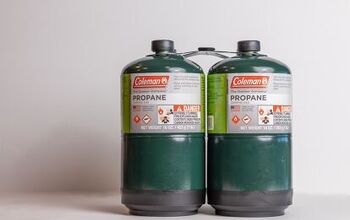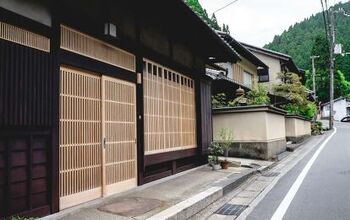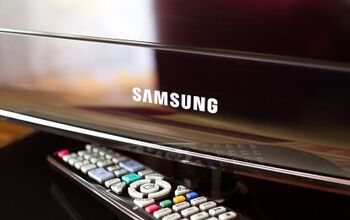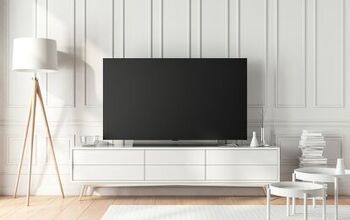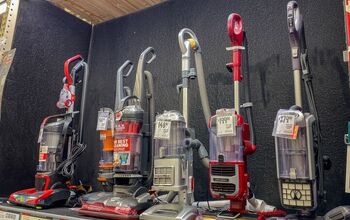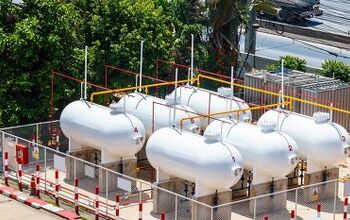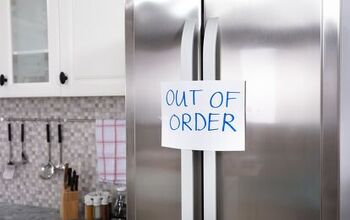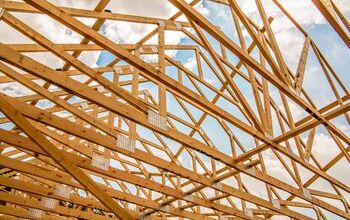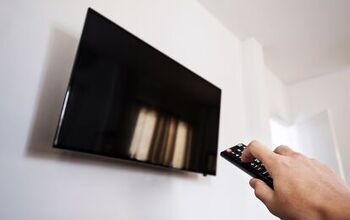How Long Does Vinyl Fence Last? (Find Out Now!)

Privacy fences and decorative fencing are all the rage these days. People value their landscaping and privacy more than ever, which means that fences are becoming very popular. One of the most popular types of fencing is fences made of vinyl.
Vinyl fences are highly durable and can last anywhere from 20 to 30 years. Vinyl fences are made of a very durable and unique combination of items to form strong and durable fencing. Out of all the different types of fencing, vinyl is one of the longest-lasting.
Vinyl fences are one of the most popular choices for fences today because of how long-lasting and durable it is. In this article, we’re going to look at why it lasts as long as it does and how it’s made. We’ll also see how vinyl stacks up against other fencing materials.
Do You Need Fence Installation or Repair Services?
Get free, zero-commitment quotes from pro contractors near you.

How Long Does Vinyl Fence Last?
Vinyl fences last anywhere from 20 to 30 years or even longer as long as it’s high-quality, and you take care of it. There are several different types of vinyl fencing materials, so it’s essential to know the specifics about what you’re buying. Older forms of vinyl don’t last as long because they wear down and discolor in the sun. Most modern types of vinyl don’t have this problem, however.
What are Vinyl Fences Made of?
Vinyl fences are made out of a combination of plastic, polyvinyl chloride, and a few other unique ingredients. These things work together to make vinyl fences aesthetically pleasing, durable, and long-lasting. In the early days of vinyl fences, they were prone to yellowing and discoloration when subjected to UV rays from sunshine. However, as the years went on, vinyl fences started incorporating titanium oxide in their construction.
Titanium oxide is actually an ingredient in sunscreen, and it essentially does the same thing for vinyl. It prevents discoloration, brittleness, and overall breaking down of the fencing.
Pros and Cons of Vinyl Fencing
There’s no denying that vinyl fences are some of the most popular fences nowadays. However, plenty of people still prefers other types of fencing. Let’s look at some of the pros and cons of vinyl fencing.
Pros
Vinyl fencing is one of the easiest types of fencing to install. The fence goes together in large, pre-fabricated pieces, and there is no screwing or nailing pieces together. You’ll still have to dig holes for the posts, but that’s the extent of the intensive labor. There are gaps and ridges that the fence sections slide into, and it’s like putting an easy puzzle together.
The main thing with installing vinyl fences is that the posts are deep enough so that wind doesn’t blow them over.
Easy MaintenanceAs far as maintenance goes, vinyl is one of the easiest fences to maintain. The most that you usually have to do to maintain your vinyl fence is spray it down with a garden hose. It doesn’t rust like metal fences, and it doesn’t rot or suffer termite damage as wood fences do.
At most, you might have to mix soap and water together and do some scrubbing for overly dirty areas. Vinyl fencing is immune to pests, weather damage, and various other hazards that other types of fencing are prone to. Its impermeability to these hazards is part of the reason that vinyl fencing lasts so long.
Extremely SafeThe material that vinyl fencing is made of is fire-proof and termite-proof. These are hazards that wood fences are at risk for, and it’s one of the reasons that people opt for vinyl.
Durable and SturdyVinyl is also extremely sturdy and durable compared to other types of fencing materials. Polyvinyl chloride is the same material used in your drainage and sewage system. It’s designed to withstand high heat, extreme cold, fire, and pests. There’s nothing that can damage or ruin polyvinyl chloride. The only downside regarding durability is that it can potentially break down and become brittle after 20 to 30 years. However, this is still much longer than any other type of fencing.
Cons
Vinyl fencing is one of the most expensive types of fencing and usually costs more than wood, metal, or iron. The price is usually around $30 or $40 per linear foot, which means that the longer your fence line is, the more expensive it will be. You can pay anywhere from $1,000 for a vinyl fence all the way up to $15,000. Keep in mind different kinds of fencing cost more than others. For example, a vinyl privacy fence will cost more than a picket fence made of vinyl.
Not Quite as Solid as WoodVinyl fencing lasts longer than wood and is just as durable, but the material it’s made from doesn’t do well with heavy impact. Bumping into your vinyl fence with a lawnmower, tractor, or another piece of equipment can break or crack the fence. There are also no gaps in the fence like wood, which makes it the least wind-resistant of all fences.
Prone to Mold and MildewWhile vinyl is resistant to rust, pests, and fire, it is prone to mold and mildew damage. It’s vital that you care for and maintain your vinyl fence to keep it from suffering from mold and mildew. It’s necessary to spray your fence regularly with a garden hose and wipe it down when necessary.
Are There Different Types of Vinyl Fencing?
Vinyl fencing also offers the advantage of being available in a variety of different styles and colors. Your fence can be as tall or as short as you want, and it can be any color that you desire. You can also choose to have a vinyl fence for privacy, which comes in tall, wide pieces. Another option is to have a picket-style fence made out of vinyl. You can also have a post and picket-style fences that are similar to wooden fences used for horse and cow corrals.
Can I Install a Vinyl Fence?
Vinyl fences are one of the easiest fences to install as long as you’re not afraid of digging post holes. Outside of a shovel and maybe a post-hole digger, you really don’t need any other tools. The fencing itself goes together similar to a tongue and groove floor or lincoln logs. The posts and panels for vinyl fencing are also quite a bit lighter than wood and metal fence pieces.
How to Maintain My Vinyl Fence
Vinyl fences are one of the lowest-maintenance fences on the market. In order to properly maintain them, you should inspect them every 3 to 6 months and clean them accordingly. To clean your vinyl fence, use a garden hose or pressure washer and hose it down. If you start to notice a green film or layer forming on the fence, you’re likely starting with mold or mildew.
If this starts to form and hosing your fence down doesn’t take care of it, you may need to take more extreme measures. To wipe down your fence, you’ll need a bucket of hot water, a cleaning detergent, a rag, and some bleach and vinegar for extreme situations. Regularly maintaining your fence in this manner can add 5-10 years of life to it.
How Does Vinyl Match Up to Other Fence Materials?
Vinyl vs. Wood
Vinyl lasts longer than wood and is easier to maintain, but it’s also more expensive. Wood fencing needs to be painted or stained every couple of years and is prone to rotting and termite damage.
Vinyl vs. Metal
Vinal will also last longer than metal, but, once again, it’s more expensive. Metal fencing is prone to rust and needs to be maintained more regularly than vinyl.
Vinyl vs. Aluminum
Aluminum fencing is impressive in its lifespan as it can last up to 50 years. It doesn’t rust like metal and doesn’t rot like wood, and it’s as lightweight as vinyl. However, aluminum fencing isn’t available in privacy fence form, which means that vinyl is still your best option for privacy.
Is Vinyl Fencing Worth It?
It all depends on what your goals are. If you want a long-lasting, low-maintenance fence that looks beautiful, vinyl is the best option. However, other types of fencing, such as wood, aluminum, and metal, have distinctive looks that are important to some people. It all depends on what your goals and desires are with your fence.
Related Questions
What is the longest-lasting fence material?
Aluminum is the longest-lasting fence material as it can survive and thrive for up to 50 years. Vinyl is next in line at 20 to 30 years or longer if it’s cared for.
Does vinyl fencing hold up under cold conditions as well as hot conditions?
Vinyl can hold up just as well in the extreme cold as it can in the heat and sun.
Do You Need Fence Installation or Repair Services?
Get free, zero-commitment quotes from pro contractors near you.

Final Thoughts
As you can see, vinyl fencing has many advantages over other types of fencing. It lasts long, is strong and durable, and doesn’t need much maintenance. If you’re willing to pay the steep upfront cost of vinyl fencing, you can save money in the long run on maintenance costs. Vinyl fencing never has to be stained or painted, and it doesn’t break down easily. If you want low-maintenance and like the look of vinyl, then it’s definitely the fence for you.

Before I started writing, I worked for 6 plus years in the plumbing, electrical, and HVAC business. I was primarily an HVAC installer but also worked as a plumber and electrician. Now I'm a copywriter, focusing on home improvement content and guides.
More by Jalin Coblentz



